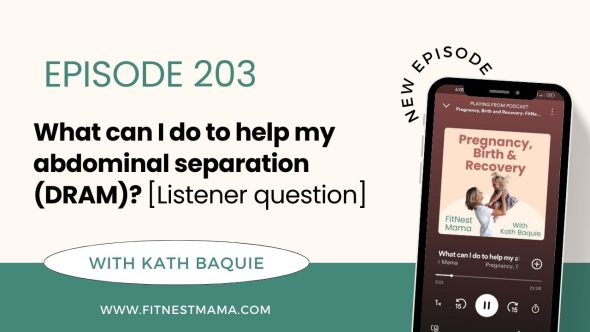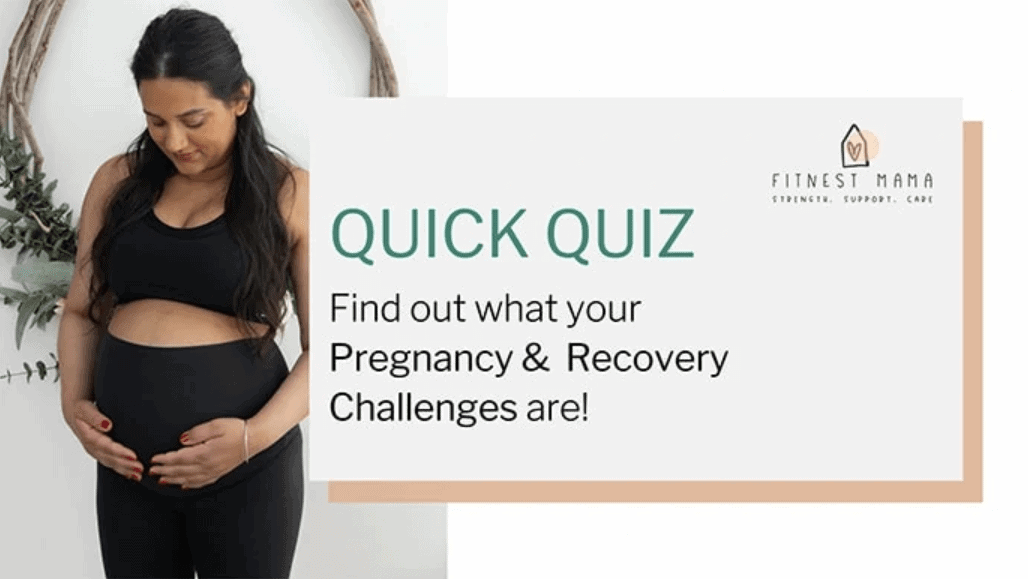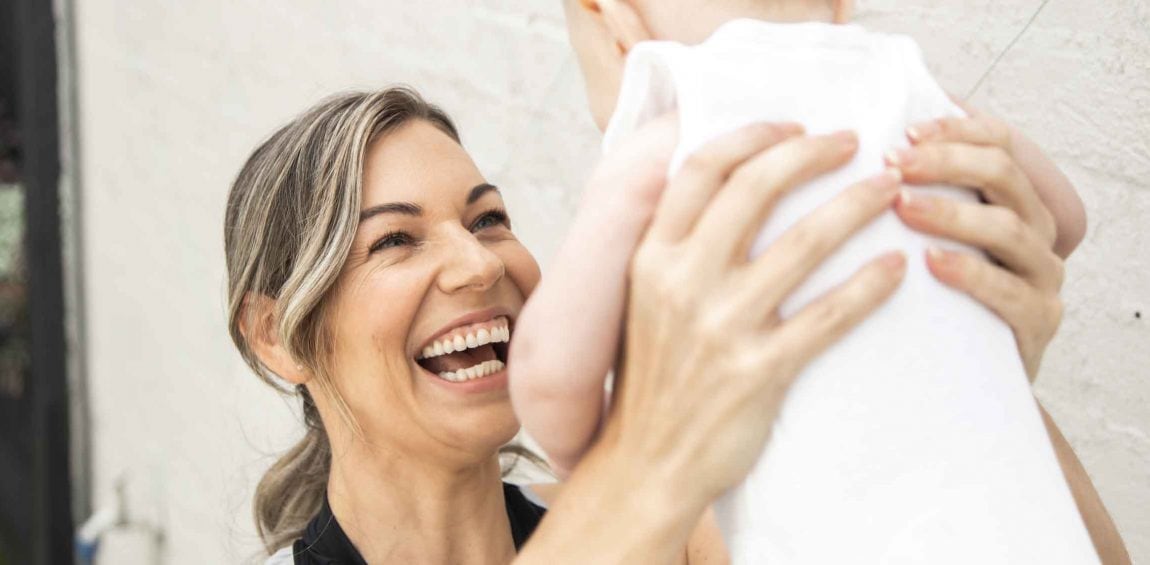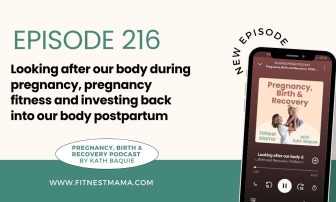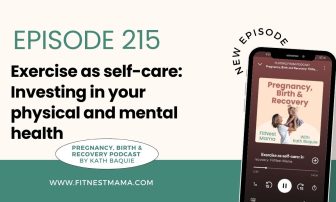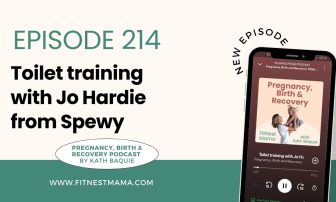If you’re navigating the journey of pregnancy or are in the postpartum phase, you may have come across the term abdominal muscle separation, also known as diastasis recti, DRAM, or tummy muscle split. This condition is a common concern among expecting and new mothers. But what exactly is it, why does it occur, and most importantly, what can you do to help manage it? Let’s dive into this listener question, guided by insights from this latest podcast episode.
What is Abdominal Muscle Separation, and Why Does It Occur?
Abdominal muscle separation refers to the widening of the gap between the left and right abdominal muscles, a condition that is particularly prevalent during and following pregnancy. This separation occurs due to the stretching of the rectus abdominis muscles to accommodate the growing uterus. Factors contributing to its development include hormonal changes, genetic predisposition, and the physical expansion needed to support the baby. It’s worth noting that this condition affects 100% of women at some stage in their pregnancy, making it a universal aspect of the prenatal experience.
Why Does It Matter if I Have Abdominal Muscle Separation?
Understanding the significance of abdominal muscle separation is crucial. Though a natural part of pregnancy, if not properly managed, it can predispose women to injuries, back pain, and pelvic girdle pain due to the compromised core strength and stability. Furthermore, beyond the physical implications, many women also express concerns regarding the aesthetic appearance of their abdomen postpartum, often seeking ways to address the “still pregnant” look.
How Do I Know if I Have Abdominal Muscle Separation?
Identifying abdominal muscle separation involves looking for visual cues such as doming or peaking of the abdominal area during certain activities or movements. Additionally, palpation—a method of feeling the edges of the abdominal muscles—can help determine the presence and extent of separation. For a more accurate assessment, consulting with a healthcare professional, such as a Women’s Health Physiotherapist, is recommended.
What Can I Do if I Have Diastasis (Abdominal Muscle Separation)?
Managing and supporting abdominal muscle separation effectively involves a multi-faceted approach:
- Abdominal Support Wear: Wearing abdominal support garments can provide a sense of relief and support, especially when everything feels like it’s “heading south.” While research on their effectiveness is mixed, many women report feeling better with this additional support.
- Lifting Older Children – Recommendations: Adjusting how you lift older children or heavy objects can significantly reduce strain on your abdominal muscles. Implementing strategies during pregnancy to encourage independence in toddlers can help ease the transition and reduce the need for lifting postpartum.
- Workout Programs You Can Trust: Engaging in pregnancy and postnatal workout programs specifically designed to accommodate and support your body’s needs can greatly aid in recovery and strengthening. FitNest Mama offers tailored workout programs that are physio-approved, ensuring safe and effective exercises for women experiencing DRAM.
- Exercises to Avoid: Steering clear of exercises that exacerbate abdominal separation, such as those causing doming or peaking, is vital. Instead, focus on movements that support and strengthen the core without placing undue stress on the separated muscles.
Abdominal muscle separation, while a common and natural aspect of pregnancy, requires awareness and proactive management to support recovery and prevent potential complications. By understanding the condition, recognising its presence, and implementing practical strategies for care, women can navigate this challenge with confidence.
For those seeking support, resources like an online pregnancy program, FitNest Mama offer comprehensive guides, workout programs, and a community of experts and peers alike to support you through your pregnancy and postpartum journey. Join us for a 7-day free trial and take the first step towards empowering your recovery and wellbeing.
** This podcast has general information only. Always seek the guidance of your doctor or other qualified health professional with any questions or concerns you may have regarding your health or medical condition.
Podcast Sponsor

BabyBee Website (sign up to the newsletter to stay in the loop!): https://babybeeonline.com
Ultimate pram guide: https://babybeeonline.com/pages/the-ultimate-pram-guide
20% Discount: Code ‘FITBEE20‘ T+Cs apply
Episode Links
Preparing for birth Pelvic health checklist
Free 7 Day Trial Pregnancy Workouts
Free 7 Day Trial Postnatal Workouts
Instagram @fitnestmama
